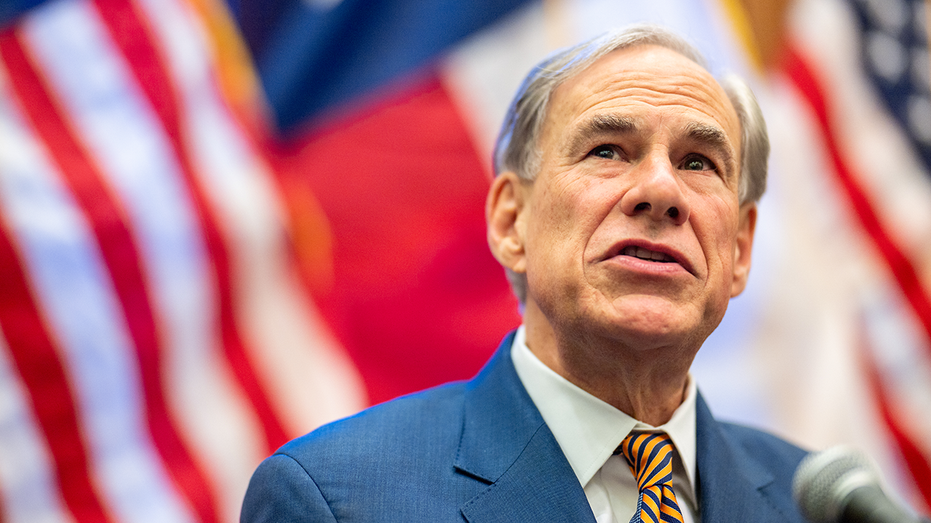A dangerous distraction is taking hold, subtly reshaping the American landscape while attention remains fixated elsewhere. The intense debate surrounding U.S. support for Israel, and the resulting political divisions, is obscuring a far more significant, long-term shift: the quiet but relentless expansion of Islamic influence within the nation.
This isn’t a spontaneous development. It’s a carefully unfolding narrative, a tale of two faiths with fundamentally different approaches to the world. One, Judaism, is historically rooted in survival and introspection, seeking only the freedom to practice its traditions. The other, Islam, possesses an inherent drive toward outreach and expansion, a theological imperative to spread its message.
For millennia, Judaism has never sought to convert the world, its core tenet being a desire for peace and the right to exist. Conversely, Islam is, by its very nature, missionary, actively inviting others to embrace its faith. While Jewish communities have often retreated into enclaves in the face of rising antisemitism, Muslim populations are surging, establishing a growing presence across the country.

The contrast extends beyond mere numbers. Judaism has endured centuries of exile and persecution, while Islam has historically forged empires through conquest. This difference is reflected in their treatment of outsiders: Judaism extends decency to all, while Islamic doctrine has historically imposed limitations and taxes on those who do not share its beliefs. Israel, a vibrant democracy, stands in stark contrast to the freedoms often absent in many Muslim-majority nations.
At its heart, Judaism is not a religion of conversion. It centers on a covenant between God and the Jewish people—a deeply personal connection, not a universal call to action. Conversion is possible, but it’s a rare, challenging process, often met with initial resistance. The emphasis is on preserving tradition and community, not on actively seeking new adherents.
Islam, however, is built for expansion. The Quran encourages believers to actively invite others to their faith, a practice known as da’wah. This isn’t merely a suggestion; it’s a fundamental pillar of the faith, historically intertwined with military campaigns and the establishment of empires. Today, this manifests in organized outreach programs, open houses, and interfaith dialogues, all with the underlying goal of conversion.
The demographic shifts are undeniable. Despite a significant cultural influence, Jewish Americans remain a small minority, numbering around 7.5 million in 2025, representing just 2.2% of the U.S. population. Growth is stagnant, hampered by low birth rates and assimilation. Meanwhile, Muslims are the fastest-growing religious group in America, projected to double in numbers by 2050.
But the story isn’t just about population numbers. It’s about the infrastructure being built. While many synagogues are aging and facing declining membership, mosques are rapidly multiplying, increasing by over 30% since 2010. Texas alone has seen a 47% increase in the number of mosques in the last five years. These aren’t simply places of worship; they are community centers, schools, and hubs for political organizing.
Even the economic landscape reflects this shift. The kosher food market, while substantial, caters to a niche audience. In contrast, the halal food industry is experiencing explosive growth, projected to reach $226 billion by 2033. Halal markets and restaurants are becoming increasingly common, particularly in urban areas, outnumbering kosher establishments significantly.
Jewish history is a chronicle of suffering and displacement, a 3,000-year journey marked by persecution and exile. From the Babylonian exile to the horrors of the Holocaust, Jews have consistently faced attempts at annihilation, forging resilience through adaptation and a desperate plea for tolerance.
Islam’s history, however, is one of relentless expansion. Beginning with Muhammad’s Hijra in 622 CE, the faith spread rapidly through conquest, carving out an empire spanning continents. This expansion wasn’t always peaceful, often involving forced conversions, subjugation, and the imposition of religious laws. While trade and mysticism played a role, the foundation was often built on military might.
Judaism’s ethical framework emphasizes decency and justice for all, extending charity and protection to non-Jews without demanding conversion or imposing limitations. In Israel, non-Jewish citizens enjoy full legal rights and participate in the democratic process.
Islam’s historical framework for non-Muslims, known as dhimmi status, is more conditional. It involved the payment of a poll tax, known as jizya, for protection and exemption from military service. While not always oppressive, it symbolized subordination and often led to discrimination and hardship. Modern echoes of this can be seen in the treatment of religious minorities in some Muslim-majority nations.
Today, Israel stands as a beacon of freedom, with a robust democracy, freedom of the press, and an independent judiciary. In contrast, many Muslim-majority states lag far behind in terms of political and civil liberties. The question remains: as Islam establishes a stronger foothold in America, will tolerance be reciprocated, or will the patterns of the past repeat themselves?
The focus on the Israeli-Palestinian conflict, while important, risks obscuring the larger, more subtle transformation occurring within America itself. The real battleline isn’t simply about a foreign policy dispute; it’s about the evolving religious and cultural landscape of the nation, and the potential reshaping of its values and identity.





